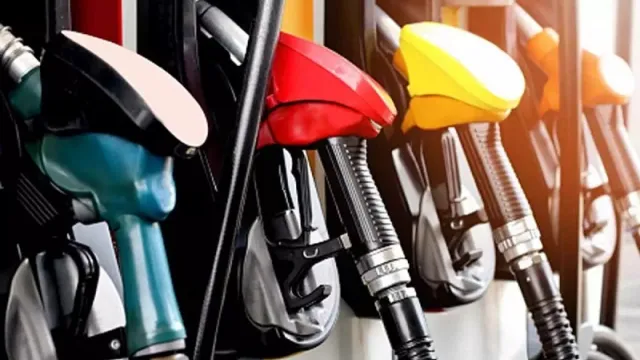Global oil surge and IMF clean energy agenda fuels Kenya’s inflation

Global oil surge and IMF clean energy agenda fuels Kenya’s inflation
The Energy and Petroleum Regulatory Authority (EPRA) has increased the cost of Super Petrol to Kes211.64, Diesel to Kes200.99, and Kerosene to Kes202.61 per litre in Nairobi.
Epra announced the maximum allowed petroleum pump prices in Nairobi would increase by Kes16.96 on Super Petrol, by Kes21.32 per litre on diesel and Kes33.13 on kerosene ushering in a new round of cost pressures on consumers as transport costs is transmitted through the entire economy.
Cost of consumer products
Although inflation has been coming down on bumper food harvest, cost pressures from expensive fuel and declining shilling is about to hit the market as fuel prices transmit through cost of consumer products.
Kenya is unable to cushion consumers having pledged to the International Monetary Fund the country will list all subsidies on petroleum products that has seen the country raise excise taxes on fuel and terminate the previous government’s subsidy programme.
The government has gone even a step further having taken IMF green energy loans to launch a bid to introduce a carbon tax and further impose higher levies on fuel to disincentives use of combustion engine.
The Treasury has disclosed that excise duty on fuel will be revised by April next year in line with the IMF green financing deal agenda.
Under the draft Medium-Term Revenue Strategy (MTRS) for the period be-tween June 2024 and June 2017 Kenya plans a review on excise duty on petroleum products to "address the negative externalities, or negative effects, of consuming these fuels".
Read Also: Jubilee keen on global competitiveness with full compliance on new standards
Increase energy efficiency
These taxes are however very punitive on a country like Kenya where higher prices translates to inflation and punishes the poor disproportionately creating fertile ground for social unrests and public strikes.
A study by the American Economic Review journal showed that if countries like Kenya really want to increase energy efficiency and clean power adoption should focus on increasing affordability through subsidies of products like clean cooking stoves instead of costly policies like carbon tax.
“Our results have important and immediate policy recommendations. Willingness to pay is already low relative to the private benefits, so a carbon tax is unlikely to increase adoption among these households. In fact, it may be regressive by increasing energy costs among the credit constrained, who tend to be poor,” American Economic Review journal reads.



